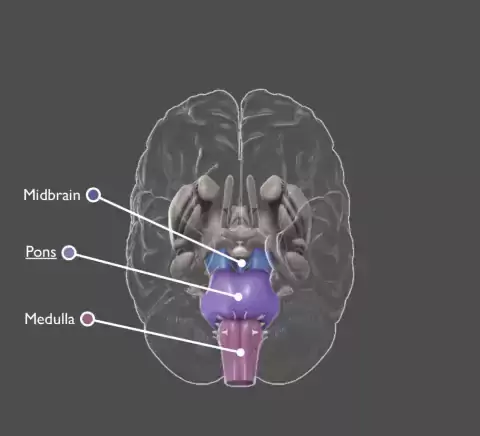MDS 3.0 Item F0800L: Staff Assessment - Reading Books, Newspapers, and Magazines
MDS 3.0 Item F0800L: Staff Assessment - Reading Books, Newspapers, and Magazines
Introduction
Purpose: Reading is a meaningful activity that can provide mental stimulation, relaxation, and a connection to the outside world for residents in long-term care settings. MDS Item F0800L assesses whether staff conducted an assessment to determine the resident’s preference for reading books, newspapers, and magazines, especially when the resident is unable to express this preference themselves. Understanding these preferences ensures that the resident’s cognitive and leisure activities are aligned with their interests.
What is MDS Item F0800L?
Explanation: MDS Item F0800L is part of Section F: Preferences for Customary Routine and Activities. This item evaluates whether the staff assessed the resident’s preference for reading, including books, newspapers, or magazines, when the resident cannot communicate this preference. Reading can be an essential part of the resident’s daily routine, providing comfort, intellectual engagement, and a sense of normalcy. Conducting this assessment ensures that the resident’s personal interests in reading are respected and supported.
Guidelines for Conducting and Coding MDS Item F0800L
Conducting the Staff Assessment: When a resident is unable to communicate their reading preferences, staff should assess their interests based on observations, family input, and past behavior. Key questions to consider include:
- Has the resident previously expressed an interest in reading specific materials such as books, newspapers, or magazines?
- Does the resident show a preference for certain reading genres or topics?
- Have family members or caregivers provided insights into the resident’s reading habits or interests?
This assessment helps ensure that reading materials provided align with the resident’s preferences and needs, contributing to their cognitive engagement and leisure activities.
Coding Instructions: The coding for MDS Item F0800L depends on whether staff conducted an assessment to determine the resident’s preference for reading books, newspapers, or magazines. The coding options are:
- 0 - No: No staff assessment was conducted to determine the resident’s preference for reading books, newspapers, or magazines.
- 1 - Yes: A staff assessment was conducted to determine the resident’s preference for reading books, newspapers, or magazines.
Example Scenario: If a resident is unable to express their preference, and staff assess, based on family input and past behavior, that the resident enjoys reading newspapers every morning or novels in the evening, you would code F0800L as 1 - Yes. If no assessment was conducted to determine the resident’s reading preferences, you would code F0800L as 0 - No.
Best Practices for Accurate Coding
Thorough Assessment: Ensure that the staff assessment includes family input, past behavior, and observations of the resident’s preferences. Understanding whether the resident enjoys specific reading materials ensures their cognitive and leisure activities are supported.
Documentation: Clearly document the sources used to assess the resident’s reading preferences, including family interviews, staff observations, or previous records. Proper documentation ensures the resident’s reading interests are respected over time.
Communication: Share the results of the staff assessment with the care team to ensure that the resident’s preferences for reading materials are reflected in their care plan. Providing access to the resident’s preferred reading materials helps maintain their cognitive engagement and emotional well-being.
Training: Provide staff with training on recognizing and supporting residents’ reading preferences. This includes helping residents access reading materials, assisting those with visual impairments, and encouraging reading as part of their daily routine.
Conclusion
Summary: MDS Item F0800L helps ensure that residents who cannot communicate their preferences for reading books, newspapers, or magazines have their interests and cognitive engagement supported. Conducting a staff assessment ensures that the resident’s reading preferences are incorporated into their care plan, contributing to their overall well-being and satisfaction.
Click here to see a detailed Step-by-Step on how to complete this item set.
Reference
This guide is based on the CMS's Long-Term Care Facility Resident Assessment Instrument 3.0 User’s Manual, Version 1.19.1, October 2024, Page F-5.
Disclaimer
Please note that the information provided in this guide for MDS 3.0 Item F0800L: "Staff Assessment - Reading Books, Newspapers, and Magazines" was originally based on the CMS's Long-Term Care Facility Resident Assessment Instrument 3.0 User’s Manual, Version 1.19.1, October 2024. Every effort will be made to update it to the most current version. The MDS 3.0 Manual is typically updated every October. If there are no changes to the Item Set, there will be no changes to this guide.
This guidance is intended to assist healthcare professionals, particularly new nurses or MDS coordinators, in understanding and applying the correct coding procedures for this specific item within MDS 3.0. Additionally, this guide refrains from handling personal patient data and does not provide medical or legal advice.










